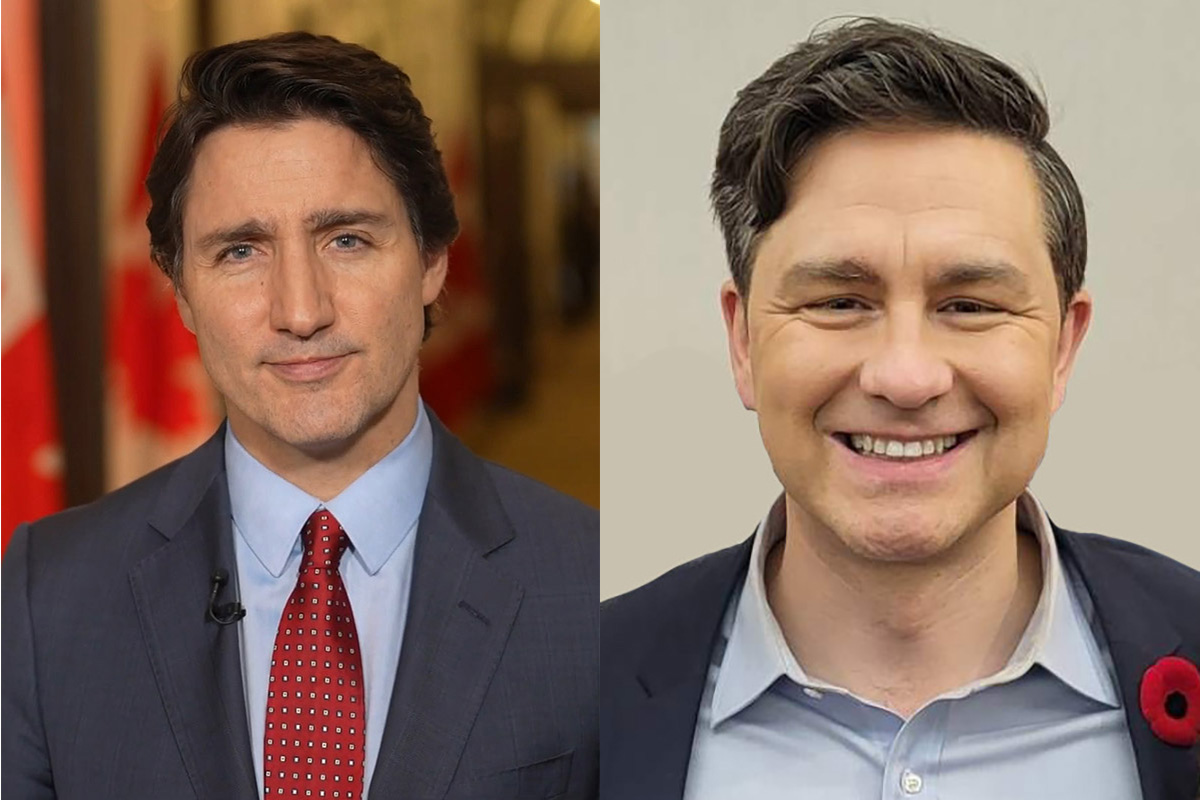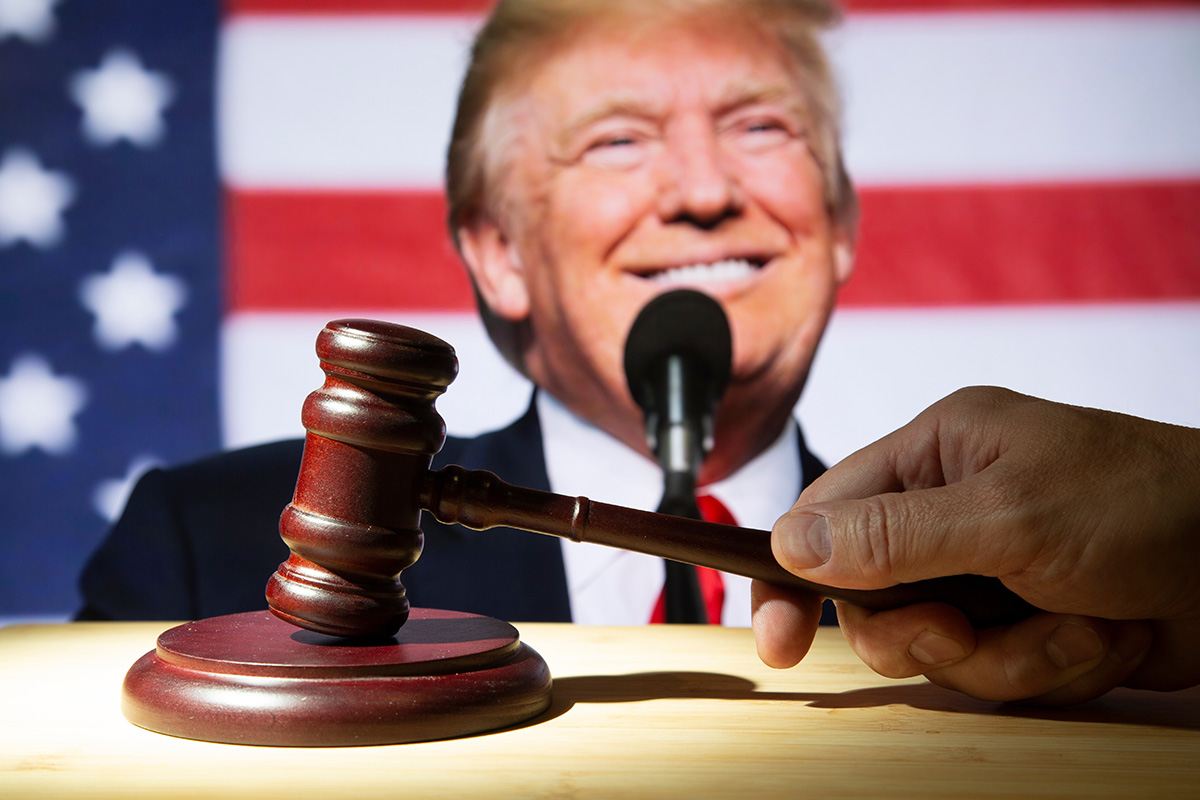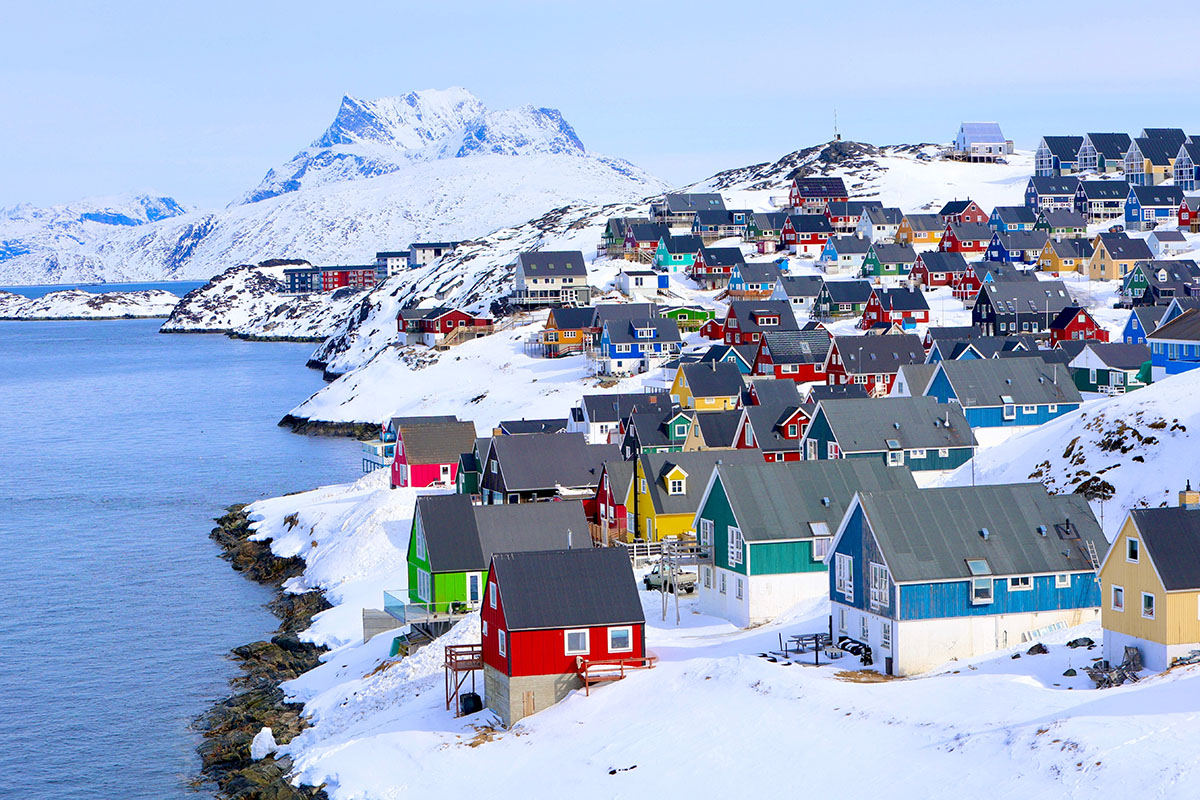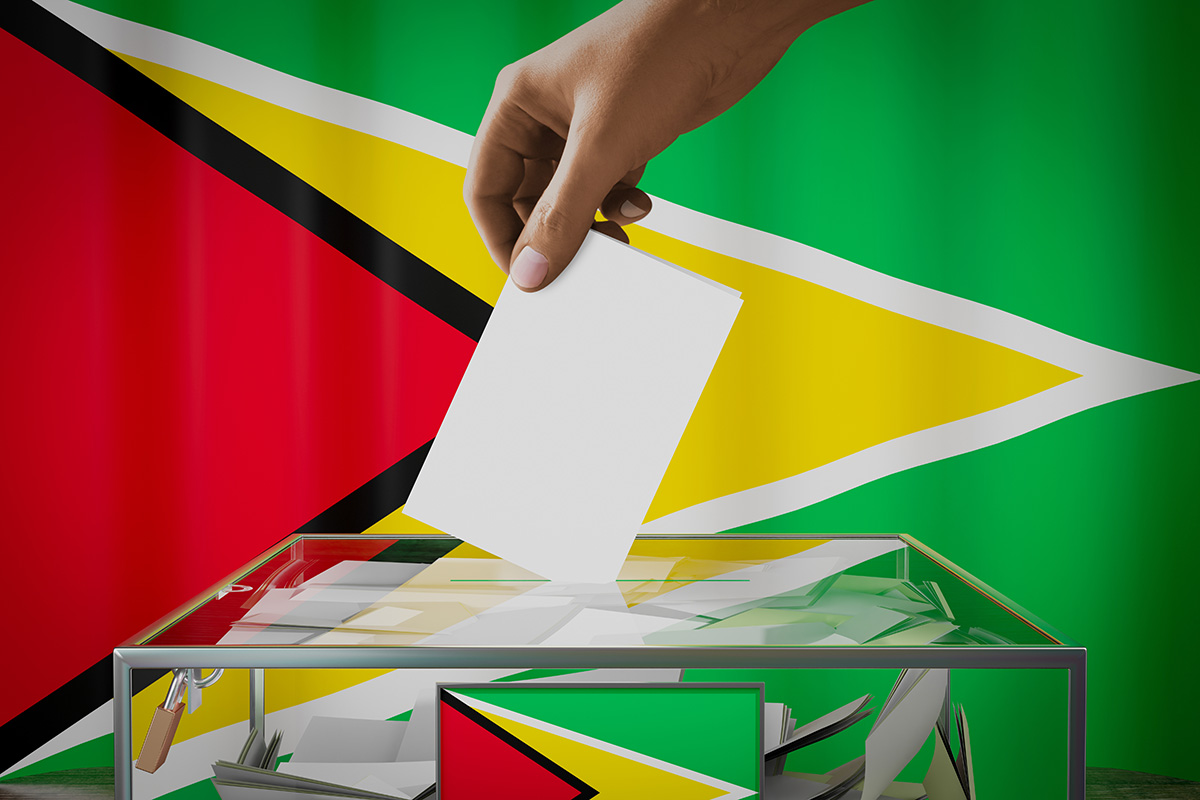Trudeau, Poilievre both have much to offer Canada
March 17by Wyzdom McCalla-Rodol
The two bitter political rivals have hurled attacks at each other since the days of the Harper government but, the ideals they both represent don’t conflict as much as we might think.
In approval ratings, they both receive a failing grade. However, in both policy and message, where one is weak, the other is strong.
At this stage of the game, Justin Trudeau and Pierre Poilievre should be courting voters with their message, instead of with personal and political attacks ahead of the next election.
The message of economic freedom
The Conservative Leader, Pierre Poilievre, has enjoyed a double-digit lead in the polls since September 2023, with every indication that if an election were held today, he would be the 24th Prime Minister of Canada.
He has been touring across Canada, hosting rallies, and championing a message of freedom and common sense, the same message that won him the 2022 Conservative Leadership Race on the first ballot.
On January 23rd – the Leader of the Official Opposition posted on X “… As PM, I will unite our country for freedom…” following the news that a Federal Court had deemed the use of the Emergencies Act a violation of the Charter of Rights and Freedoms.
Since 2020, there has been a growing sentiment amongst Canadians that their freedom is at risk, and this opinion of the court validated their feelings.
Poilievre has clearly and consistently made efforts to be the voice for freedom. His addiction recovery promises, support of the freedom convoy, opposition to the carbon tax, and his plan to reduce barriers for immigrants practicing the vocations in Canada are all efforts toward that end.
He is finding a growing base simply because many Canadians don’t feel free. Canadians have been feeling personal financial pressure, which makes his message of economic freedom all the more powerful.
Pierre Poilievre, wanting to restore economic freedom in Canada, would be better off continuing to advocate against government dependence, restrictions, and high taxation, things he’s done since before he entered politics. He doesn’t need to disparage Justin Trudeau, he doesn’t need to marginalize the LGBTQ2+ community, doesn’t need to be an anti-woke activist, and he doesn’t need to call incumbents incompetent. Simply put, be true to yourself and don’t worry about anybody else.
The message of social inclusion
The same thing applies to Prime Minister Justin Trudeau. If he wants to come back in the polls and win a fourth consecutive mandate, he needs to focus on reminding Canadians what he brings to the table.
It’s not the first time Justin Trudeau has had to fight from behind. In 2015, he was ahead in the polls, then behind in the polls, and eventually made a historical political comeback, thanks partially to his message of inclusivity.
The policy of reconciliation with Indigenous peoples, open and transparent government, gender parity in Cabinet, tax reform benefiting the middle class, and increased immigration and refugee acceptance propelled his electoral success in Election 2015 and survival in Elections 2019 and 2021.
The Prime Minister needs to fight institutional exclusion, omission, and division. He doesn’t need to dismiss people as a “fringe minority”, he doesn’t need to label his opponents “MAGA Conservatives”, or wantonly call them racists and misogynists. He would be better off using his incumbency to serve the marginalized, rebuild Canadians’ trust in government, and build bridges, especially with those who strongly dislike him, all while managing a Cabinet and caucus preoccupied with losing their jobs.
Justin Trudeau’s remarks following his Cabinet Retreat indicate a return to his strengths. The Prime Minister said he would be re-igniting a Team Canada approach to Canada-US relations ahead of a potential Trump presidency and scheduled review of CUSMA in 2026.
Social inclusion is not anti-economic freedom & economic freedom is not anti-social inclusion.
The next election will likely be a battle between freedom and inclusion, but both are necessary for a better Canada.
The leaders of Canada’s two major political parties are experienced and skilled politicians. Whoever can successfully articulate a vision of economic freedom and social inclusion will be the one that Canadians choose to lead.
Canada is facing many challenges both socially and economically. Despair has been creeping in since the height of the pandemic. Canadians need hope and good government, irrespective of party stripe, to face the challenges of the coming decade.
Justin Trudeau and Pierre Poilievre both represent great Canadian idealism, and both have a lot to offer, but Canadians are watching to see who will serve them.
Who knows, maybe the two will borrow from each other’s games and make life better for everyone.
Wyzdom McCalla-Rodol is interested in business, justice, politics, music, and basketball. He wants to be a world leader, and aspires to provoke values-based change that inspires institutions to better support people. He owns a small business and he works as a Director of Parliamentary Affairs at the House of Commons of Canada.




